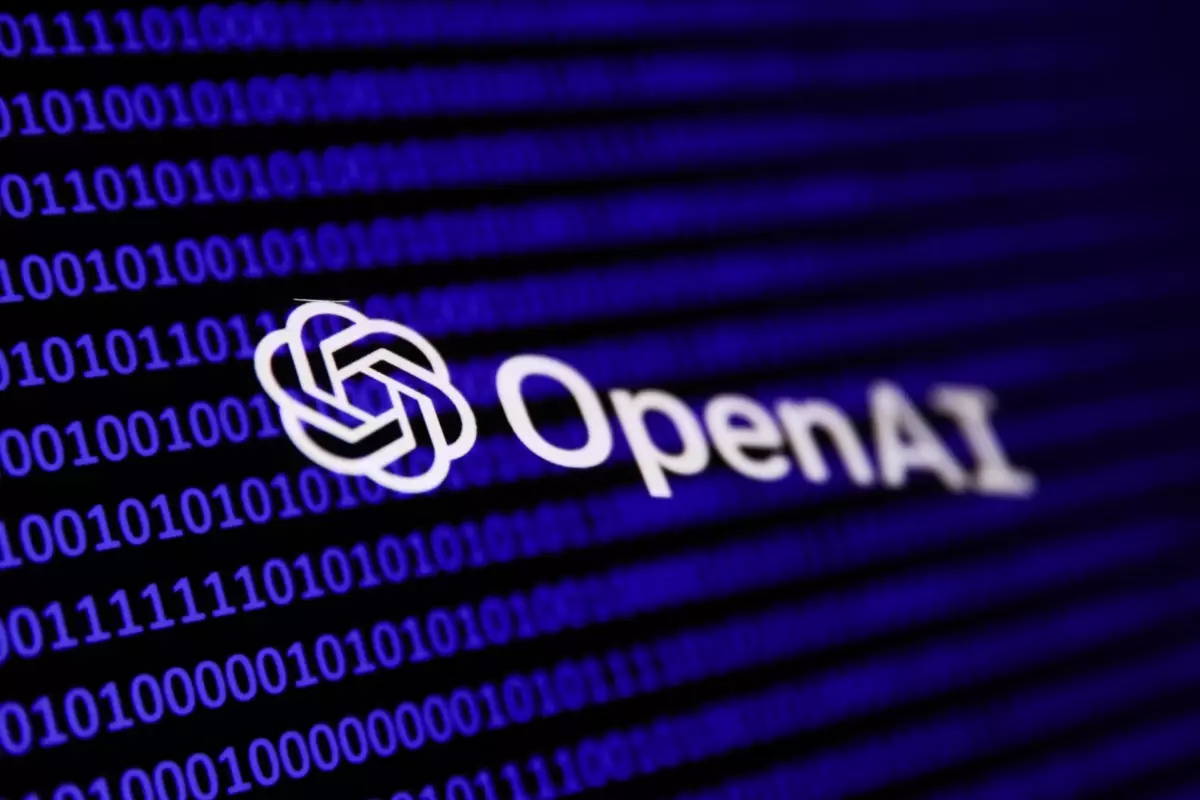In a significant move reflecting the ever-evolving landscape of artificial intelligence (AI), Meta, the parent company of Facebook, has aligned itself with Elon Musk in opposing OpenAI’s shift from a non-profit organization to a for-profit entity. This opposition stems from a growing concern among technology leaders regarding the impact such a transition could have on the industry as a whole, particularly in Silicon Valley, a hub for innovation and technological advancement. This alliance between Meta and Musk highlights the complexity of market dynamics in a space characterized by fierce competition, ethical considerations, and the need for responsible governance.
As reported by major news outlets, Meta has expressed significant apprehensions regarding OpenAI’s potential change in business model. In a letter to California’s Attorney General Rob Bonta, Meta articulated its concerns about the “seismic implications” of OpenAI becoming profit-oriented. This sentiment underscores the fear that such a transition could prioritize profit margins over societal benefits, undermining the foundational ideals upon which OpenAI was established. It raises pertinent questions about how the commercialization of AI technologies might influence the priorities of innovation—will accessibility and ethical considerations take a backseat to shareholder profits?
Meta’s letter does not merely serve as a warning; it also outlines a scenario where non-profit investors could experience the best of both worlds—enjoying financial returns typical of for-profit investments while also taking advantage of tax incentives. This reasoning brings to light the complex interplay between for-profit motives and funding structures in the AI sector. Stakeholders must critically assess the ramifications of such dual benefits, as they could inadvertently encourage a proliferation of models that favor financial gain over the true advancement of artificial intelligence that serves humanity.
Elon Musk’s role as a co-founder of OpenAI, along with his later departure to set up xAI, adds another layer of intrigue to this unfolding drama. Musk’s legal maneuvers, including an attempt to halt OpenAI’s transition, indicate not merely a personal stake in the competition but also a viewpoint that stresses the need for ethical integrity in tech development. His involvement raises critical discussions about leadership and accountability in organizations born from altruistic desires but faced with the temptations of profit.
As the AI landscape grows increasingly competitive, it becomes imperative that industry leaders, regulators, and stakeholders foster a dialogue around responsible governance. Meta’s partnership with Musk signals a collective effort to ensure that the evolution of AI technology remains aligned with societal values and ethics. This situation emphasizes the urgent need for a balanced approach to innovation—one that safeguards public interests while also promoting healthy competition and technological advancement. As the situation develops, it will be interesting to observe how these dynamics shape the future of AI and its impact on broader society.

